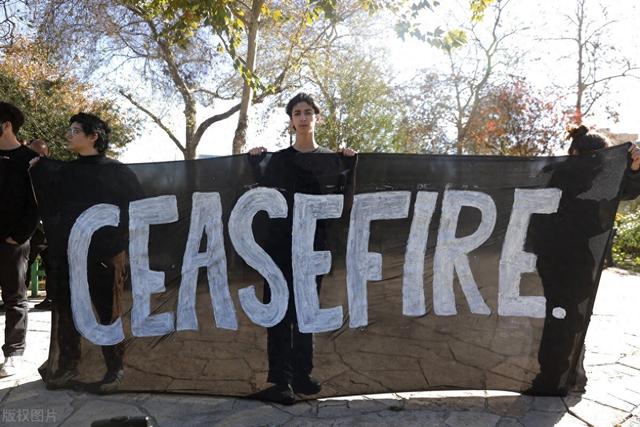halt /hɔːlt/
verb
(使)停止,停下
to stop; to make sb/sth stop
[V] She walked towards him and then halted.
她向他走去,然后停下。
‘Halt!’ the Major ordered (= used as a command to soldiers) .
“立定!”少校发出命令。
[VN] The police were halting traffic on the parade route.
警察正阻止车辆在游行路线上行驶。
The trial was halted after the first week.
第一周结束后,审判暂停。
noun
1
[sing.] 停止;阻止;暂停
an act of stopping the movement or progress of sb/sth
Work came to a halt when the machine broke down.
机器一坏,工作便停了下来。
The thought brought her to an abrupt halt .
她一想到这个便猛地停下了。
Strikes have led to a halt in production.
罢工已经使生产陷于停顿。
They decided it was time to call a halt to the project (= stop it officially) .
他们决定该叫停这项工程了。

haunt /hɔːnt/
verb
[VN]
1
(鬼魂)出没
if the ghost of a dead person haunts a place, people say that they have seen it there
A headless rider haunts the country lanes.
一个无头骑士常出没于乡间的小路上。
2
(不快的事情)萦绕于脑际,难以忘却
if sth unpleasant haunts you, it keeps coming to your mind so that you cannot forget it
The memory of that day still haunts me.
我的脑海中常常回想起那天的情景。
For years she was haunted by guilt.
多年来她一直感到愧疚。
3
长期不断地缠扰(某人)
to continue to cause problems for sb for a long time
That decision came back to haunt him .
那个决定对他造成无法摆脱的困扰。
noun
常去的场所;消磨时光的去处
a place that sb visits often or where they spend a lot of time
The pub is a favourite haunt of artists.
这家酒吧是艺术家最爱光顾的地方。
祝大家考研英语顺利!
